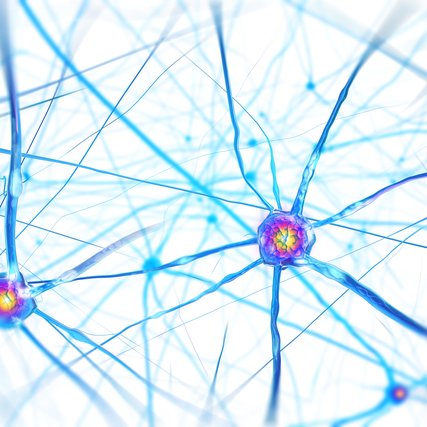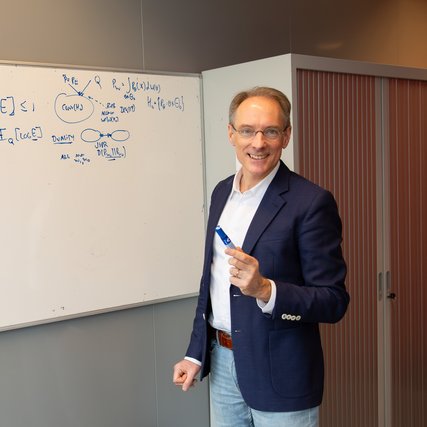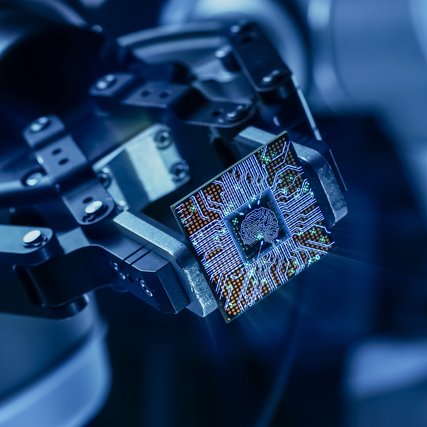Machine Learning
Focusing on how computer programs can learn from and understand data, and then make useful predictions based on it, using insights from statistics and neuroscience.
Our research group focuses on how computer programs can learn from and understand data, and then make useful predictions based on it. These algorithms integrate insights from various fields, including statistics, artificial intelligence and neuroscience.
Machine-learning applications are increasingly part of every aspect of life, from speech recognition on cell phones to illness prediction in healthcare. One common problem is extremely polluted data, for which no single model can provide adequate explanations. At CWI we address this issue with statistical machine learning based on combining predictions from different models and experts in order to achieve reliable conclusions.
We also study how networks of neurons in the brain process information, and how modern deep-learning methods can benefit from neuroscience. We develop novel neural networks, like Deep Adaptive Spiking Neural Networks, and also theoretical models of neural learning and information processing in biology. Applications of our work range from low-energy consumption neural machine learning to neuroprosthetics, to increased insight into the question of how the brain works.
News
All newsWhite paper highlights potential of brain-inspired computing

New e-value even more flexible: significance level adjustable at a later stage

ERC Advanced Grant for Peter Grünwald for research on a revolutionary statistical theory

Making AI more energy efficient with neuromorphic computing

Events
All events-
StartEndE-Values for Anytime-Valid Inference with Exponential Families
-
StartEndOn Thursday 13 March 2025
-
StartEndThis Spring School 2025 is part of the Research Semester Programme "Control Theory and Reinforcement Learning: Connections and Challenges". Five lecturers will be teaching at a preparatory PhD level across five days.
-
StartEndFollowing our Spring School 2025 of the research semester programme on Control Theory and Reinforcement Learning, we have a general workshop on Themes across Control and Reinforcement Learning.
Publications
All publicationsCourses
-
Graphical Models and Causality(21 Apr 2025 - 4 Jul 2025)
-
Machine Learning Theory(3 Feb 2025 - 23 May 2025)
-
Neural Dynamics and Deep Learning(24 Nov 2024 - 20 Dec 2024)
-
Network Models, Representation and Consciousness(28 Oct 2024 - 22 Nov 2024)
-
Foundations of Statistics and Machine Learning(1 Sep 2024 - 1 Jun 2025)
-
Graphical Models and Causality(25 Apr 2024 - 15 Jun 2024)
-
Machine Learning Theory(9 Feb 2024 - 25 May 2024)
-
Network Models, Representation and Consciousness(24 Oct 2023 - 30 Oct 2023)
-
Neural Dynamics and Deep Learning(1 Oct 2023 - 1 Dec 2023)
-
Graphical Models and Causality(24 Apr 2023 - 7 Jul 2023)
-
Machine Learning Theory(6 Feb 2023 - 26 May 2023)
Current projects with external funding
- Flexible Statistical Inference (FLEX)
- Efficient Models of Decision-Making for Asseing Cognitive Processing States (None)
- Increasing Scientific Efficiency with Sequential Methods (pre-proposal) (None)
- Perceptive acting under uncertainty: safety solutions for autonomous systems (None)
- PPS Booking.COM (PPS Booking.COM)
- Self-healing Neuromorphic Systems (SNS)


















